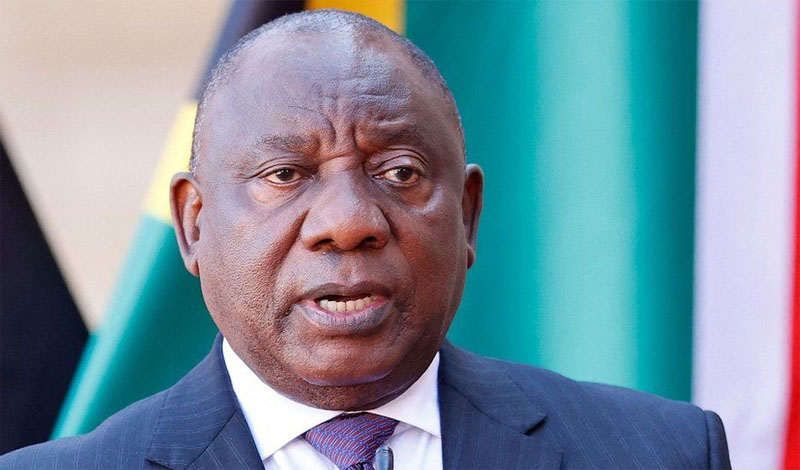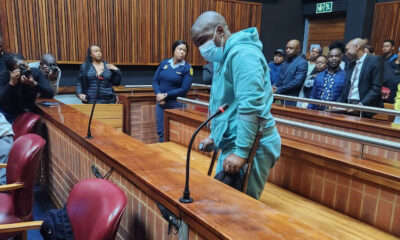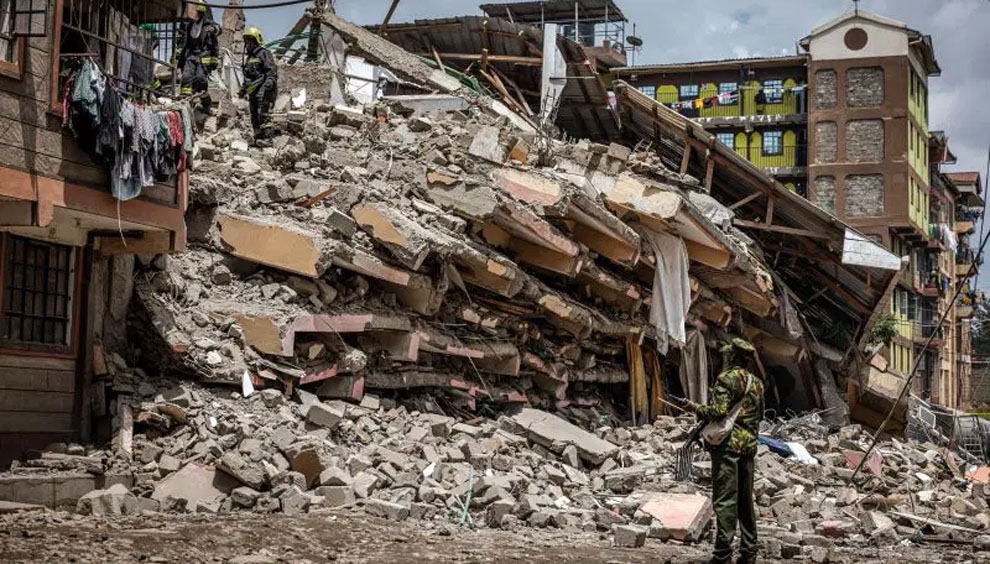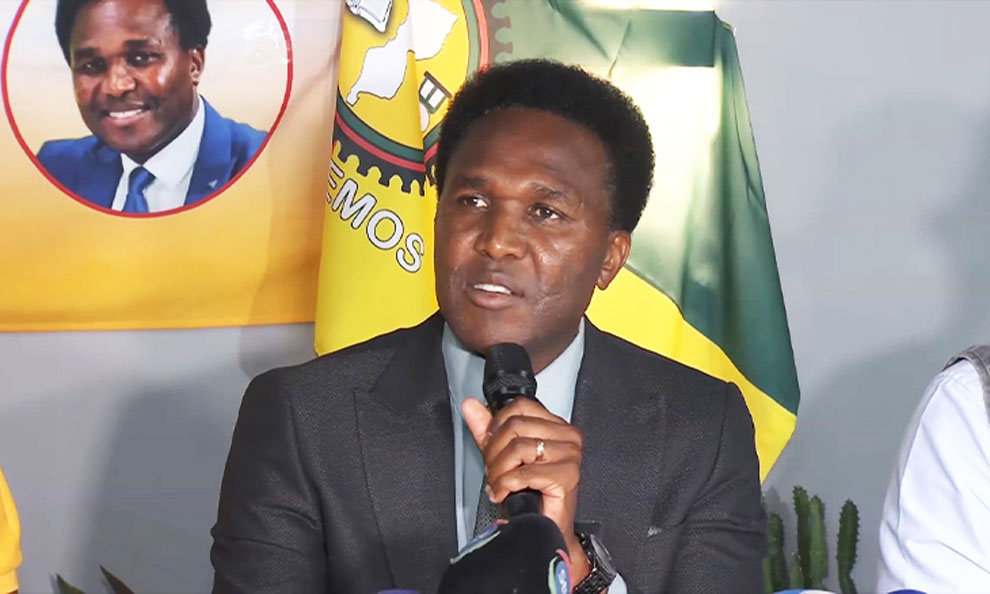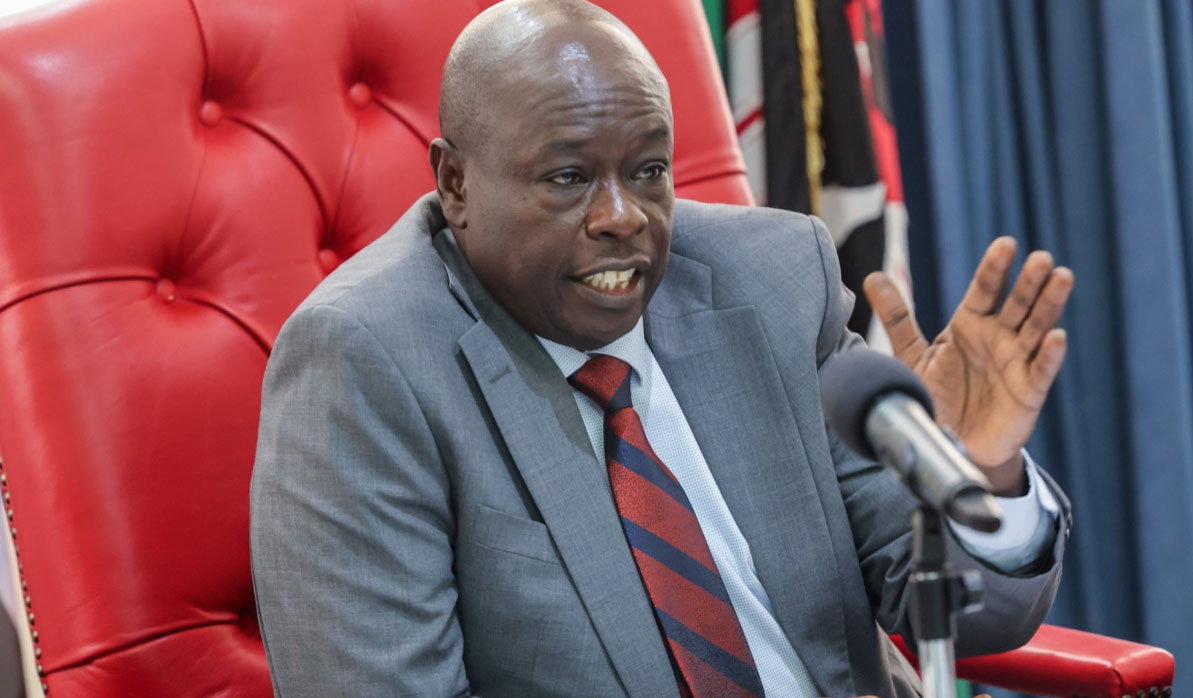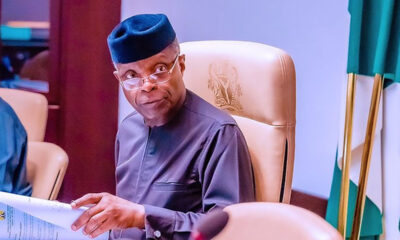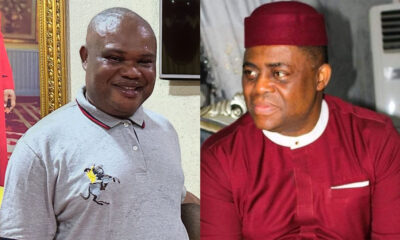South Africa’s Ramaphosa elected president
Cape Town, South Africa – Late-night negotiations and an eleventh-hour agreement led to the formation of South Africa’s first-ever coalition government on Friday, with President Cyril Ramaphosa at its head.
The multiparty coalition signed its agreement only on Friday, as members of parliament were sworn in after marathon negotiations and back-and-forth calls between Ramaphosa and leaders of other parties.
Late Friday night, Ramaphosa was elected as the country’s president in parliament. Under the unprecedented coalition agreement, the Democratic Alliance (DA) – the African National Congress’s (ANC) official opposition until now – and the Inkatha Freedom Party (IFP) voted for an ANC president for the first time.
The multiparty coalition was prompted after the ANC suffered its worst electoral decline in 30 years. The party holds 159 of 400 seats in parliament – short of the 201 seats needed to have a majority – after winning 40 percent of the vote in the country’s May 29 election.
After days of internal talks within the ANC, Ramaphosa announced last week that the party would seek a “government of national unity”. But the left-leaning Economic Freedom Fighters (EFF) and former President Jacob Zuma’s uMkhonto weSizwe (MK Party) – which was created months before the election and ate into the ANC’s traditional voter support – refused to join the government, especially with the DA a part of it. The MK Party had also demanded Ramaphosa’s removal from the presidency.
The right-leaning DA, with 21 percent of the seats in parliament, will now be the ANC’s main partner in government with the support of the nationalist IFP. The parties agreed to an eight-page framework that will govern their unity government, including a clause stating that a decision could only be made if “sufficient consensus” was reached.
READ ALSO:
This means that Ramaphosa and the ANC will not be able to make decisions without buy-in from coalition partners. The parties agreed to 10 fundamental principles, which included respect for the constitution, and positions against racism and sexism.
In the agreement signed, the parties agreed that “rapid, inclusive and sustainable economic growth” would be the coalition government’s apex priority.
The ‘hard part’ starts now
Former DA leader and negotiating team member Tony Leon said that he had never imagined a world where the ANC and the DA would co-govern.
“The last time I negotiated with the ANC around the new constitution was in 1996, and they had 62 percent support,” he told Al Jazeera.
Leon described the talks since the May 29 vote as “very hard”, but said the president’s election was the “easy part”.
“The next five years are going to be difficult,” he said, adding that trust would make the coalition government functional.
Leon said talks were still incomplete five minutes before parliament’s sitting began on Friday at 10am local time (08:00 GMT).
“We agreed to outline a modality of how you get through today and some signals and signposts of the future. It is about some broad principles and important provisions; at the end of the day, this will not just depend on goodwill. It will depend on trust between the parties,” he said.
The agreement signed on Friday morning did not include details on which parties will occupy what positions in government. Ramaphosa has until Wednesday to determine that. He will be sworn in by the country’s chief justice next Wednesday.
According to the agreement signed, while Ramaphosa has the prerogative to appoint ministers and deputy ministers, he needs to consult leaders of other parties in the coalition before he does so.
Pierre de Vos, professor of constitutional law at the University of Cape Town, said he was wary about what a coalition government might mean for the country’s governance.
“It is difficult to be confident in what’s to come,” he said.
De Vos said that while a coalition government was “good on paper,” South Africa had a fractious society that the ANC kept together for three decades. “When it comes to difficult issues like inequality and racism, the two parties are polar opposite sides,” he said.
The DA has fought against race-based transformation policies, which the ANC has pushed for three decades.
Other analysts said they believe the coalition government would force ideological parties to the centre.
“This coalition agreement is a good thing. It will force the ANC away from the left to the centre and the DA away from the extreme right,” said political analyst JP Landman.
SOURCE: AL JAZEERA
South Africa’s Ramaphosa elected president

